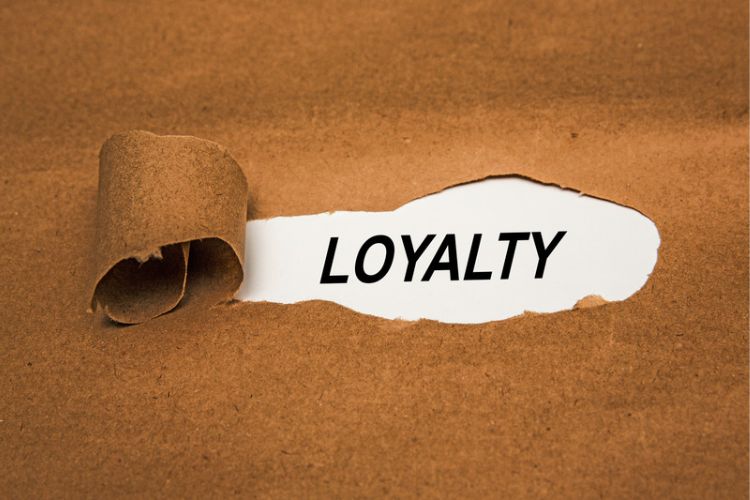Is it fair to ask your best customers to pay the highest prices?
Often, it’s the bully customers (“the squeaky wheels”) that beat the heck out of you on price and end up with the lowest prices. And the better, loyal customers who connect with your value often don’t put as much price pressure on you, which may result in slightly higher prices.
This sticks in the craw of a lot of salespeople, sales leaders, business leaders. They ask: isn’t that wrong? Is that out of alignment with our integrity that our best customers are paying us the highest prices and the worst customers get the best deal?
I can understand where that concern comes from. Every time I’m asked about this, it’s coming from someone who is an ethical, high integrity leader or salesperson who wants to do right by their customers.
That’s the right place to start: your intention. Always start from an intention of operating from integrity and serving your customers well.
From there, I believe there are two justifications, both rooted in value, for charging higher prices to better, loyal customers:
Value Case #1
Your best customers get the best from you. You will jump through hoops for those folks that do value you, that are willing to pay you appropriately for your value. Their name pops up on your phone for an incoming call or in your email inbox, and you jump on it. Sometimes those worst customers that beat the heck out of you… it’s not that you give them bad service; you don’t. But your eagerness to go to the ends of the earth to solve their problem is probably a little bit less.
In this very real sense, I believe that the customers that value you, that pay just a little bit more, experience the best of you: the best service, the best quality, the best speed, the best responsiveness, the best reliability in ways that your worst customers experience just a little tiny bit less. That is worth something in the form of a modest price premium to your customers.
Customers are free to choose. What many would call “loyalty” in your customers requires and is proportionate to the presence of value. A buyer-seller relationship is really about the value that is exchanged between two freely consenting parties. It is not immoral to get the highest possible return on the value you deliver in a free marketplace. In other words, the guilt is head trash.
Value Case #2
An important cost that is often ignored in this question is the cost (or not) to buy from you under different kind of buying processes with various procurement tactics. Aggressive procurement tactics are not free. Consider two scenarios at far ends of the buying spectrum:
- A customer has a large, well established procurement team or is paying a third-party procurement organization to develop and execute a reverse auction or a competitive bidding process. They’ve done everything they can to separate you from your value and prevent access to those inside the organization who care about your value. They’ve invested in pre-qualifying various vendors who can bid on the work. They’ve invested in the systems to do this. You submit your proposal in this high-stakes environment with plenty of your competitors, which often turns into a bidding war of “last looks.” Even when a complex bidding system is absent, they invest a lot of time to meet with you over and over to beat you up on price. Companies quoting the lowest prices are often revisited for “best and final” offers. This method of procurement is expensive, time-consuming, and fraught with the risk of making the wrong decision over myopic focus on one number (price) in a vacuum.
- A customer that has a relationship with you, that knows you, that values you, and negotiates directly with you. Your best customers get to engage with you to understand your value proposition, how your products and services are the best fit for them, and then negotiate directly with you for a fair price for that value. The buying process, when viewed from the customer’s side, is much less fraught with risk and it’s generally faster and less expensive in both hard and soft costs to execute. Because they don’t bear the cost of that “buying overhead,” your customer is giving you a share of their savings. I would argue that is not taking advantage of your best customers. They already win. They engage in a very efficient, effective, lower risk negotiation with you for a fair price directly. They already get that slightly higher value that the customers at the other end of the buying spectrum don’t get. A modest price premium is fair.
I’m not advocating overpricing or “seeing what you can get away with.” If a customer feels cheated, they will stop buying from you. Remember we started with intention and went to value from there. With the intention of operating from integrity, relentlessly focus on value to make a clear and convincing case for your best customers to choose you and keep choosing you, even at a modest price premium.
Still feeling queasy about this? Contact us for help on pricing with integrity and confidence.
